Scrubland Life
Three years of photographs from Europe’s mountainous backcountry, where off-the-grid communities struggle for autonomy.

Interview by Rosecrans Baldwin
The Morning News: How did you discover these “Scrublands” in the first place?
Antoine Bruy: By accident. I met people living off the grid while I was traveling in France, and got fascinated by their way of living. That was back in 2006. I never forgot the impression the people left in my imagination. Four years later, I finally decided to start this “Scrublands” project.
TMN: Did you find yourself wanting to live there yourself?
AB: Not really. But I kept thinking about it. Continue reading ↓
All images used with permission, copyright © the artist, all rights reserved.
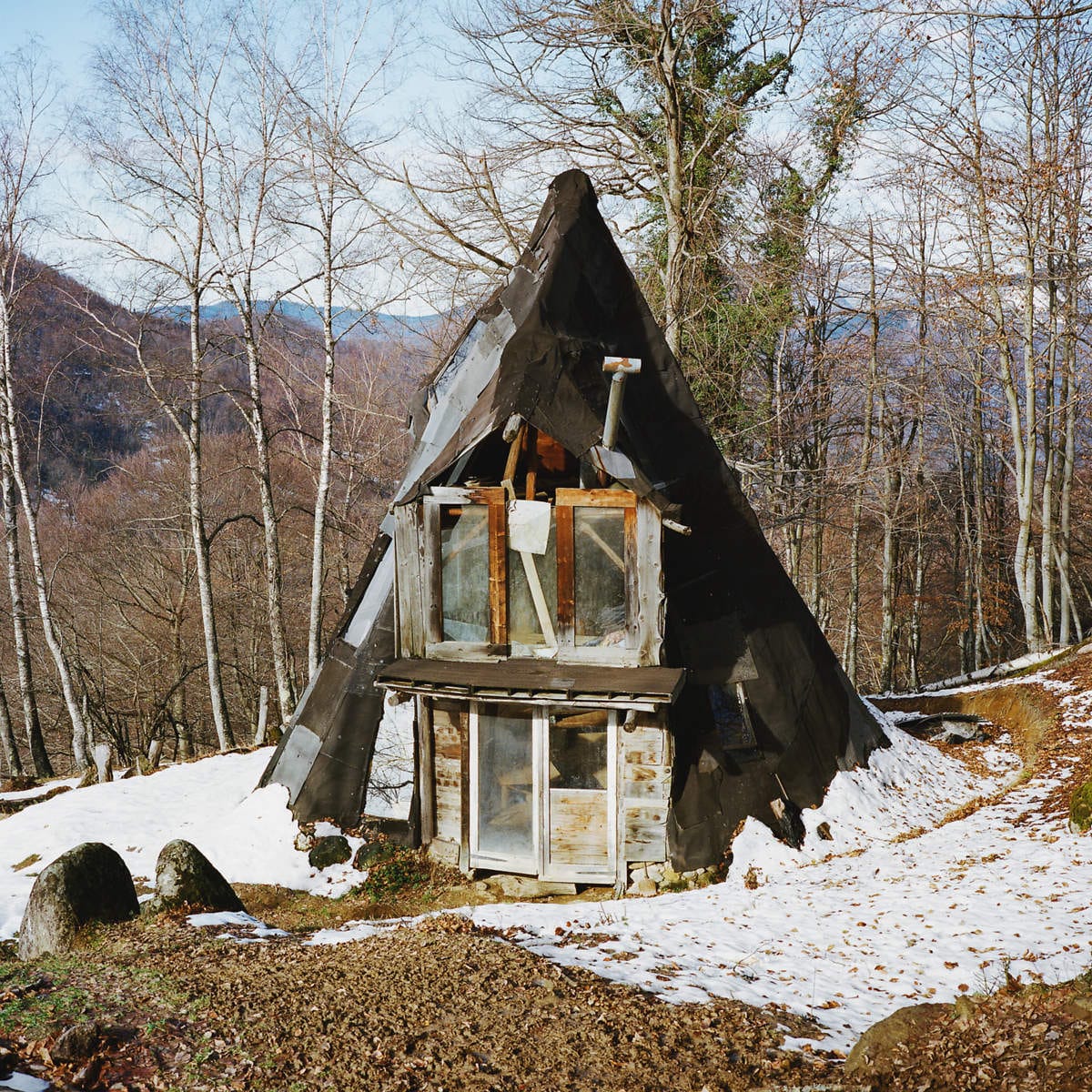
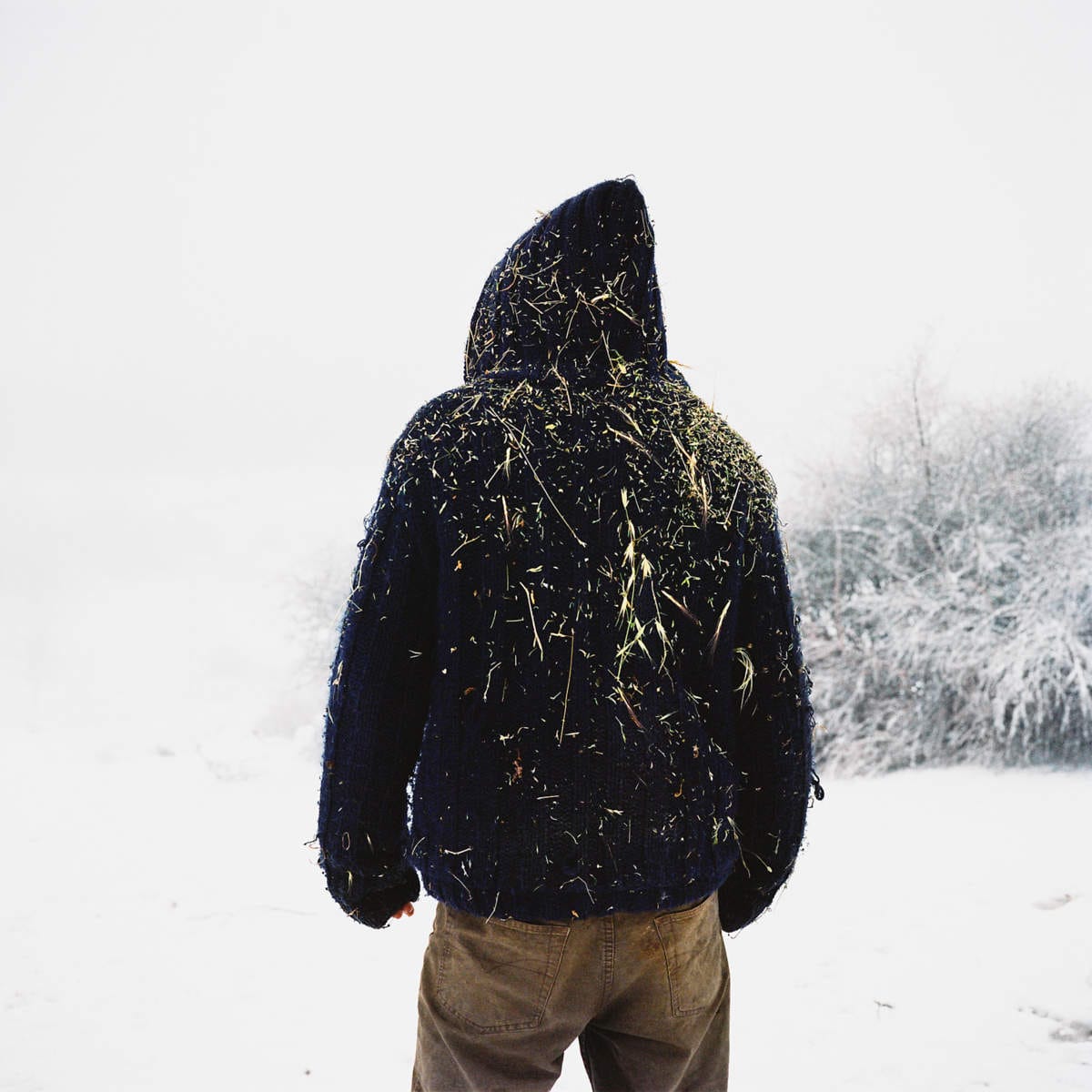
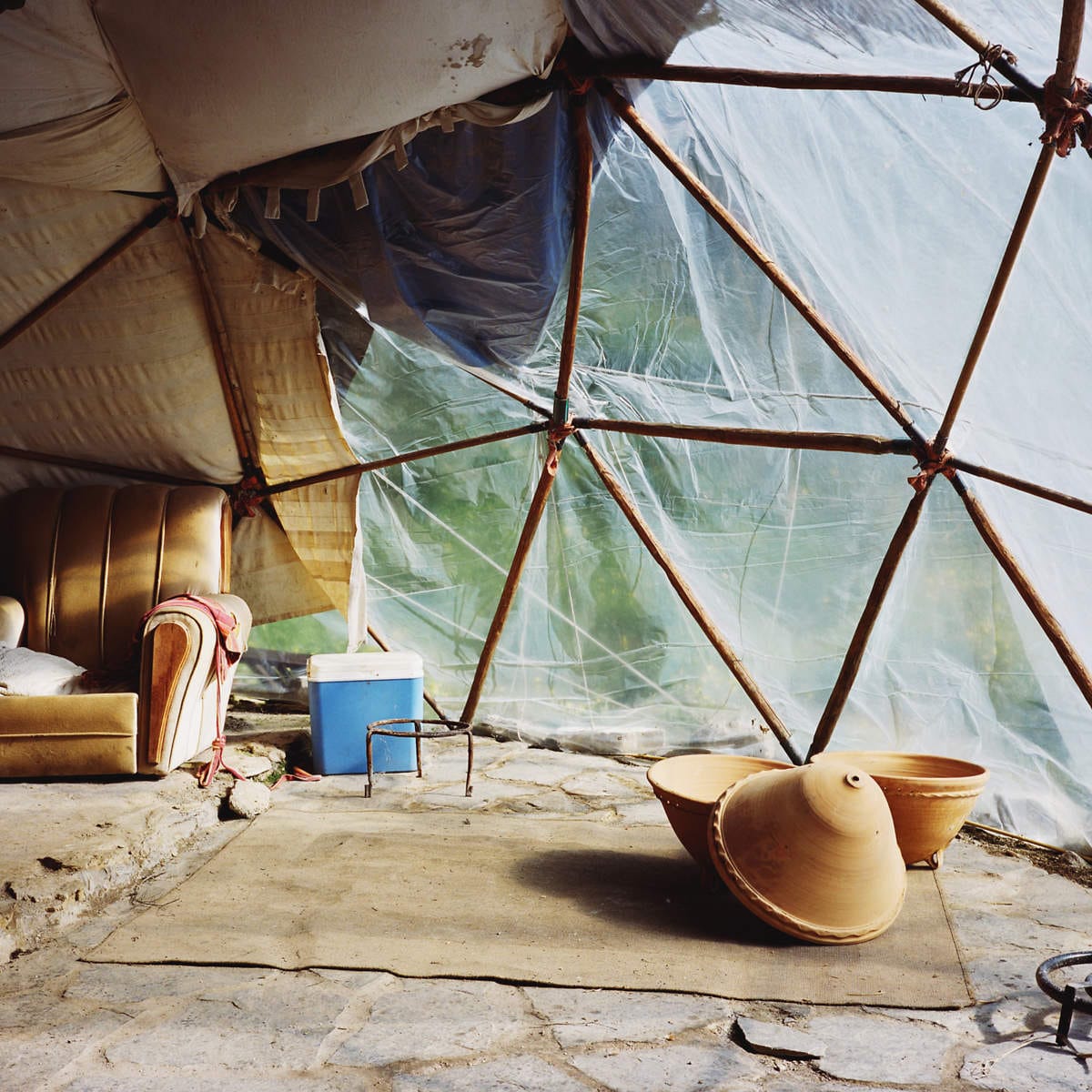
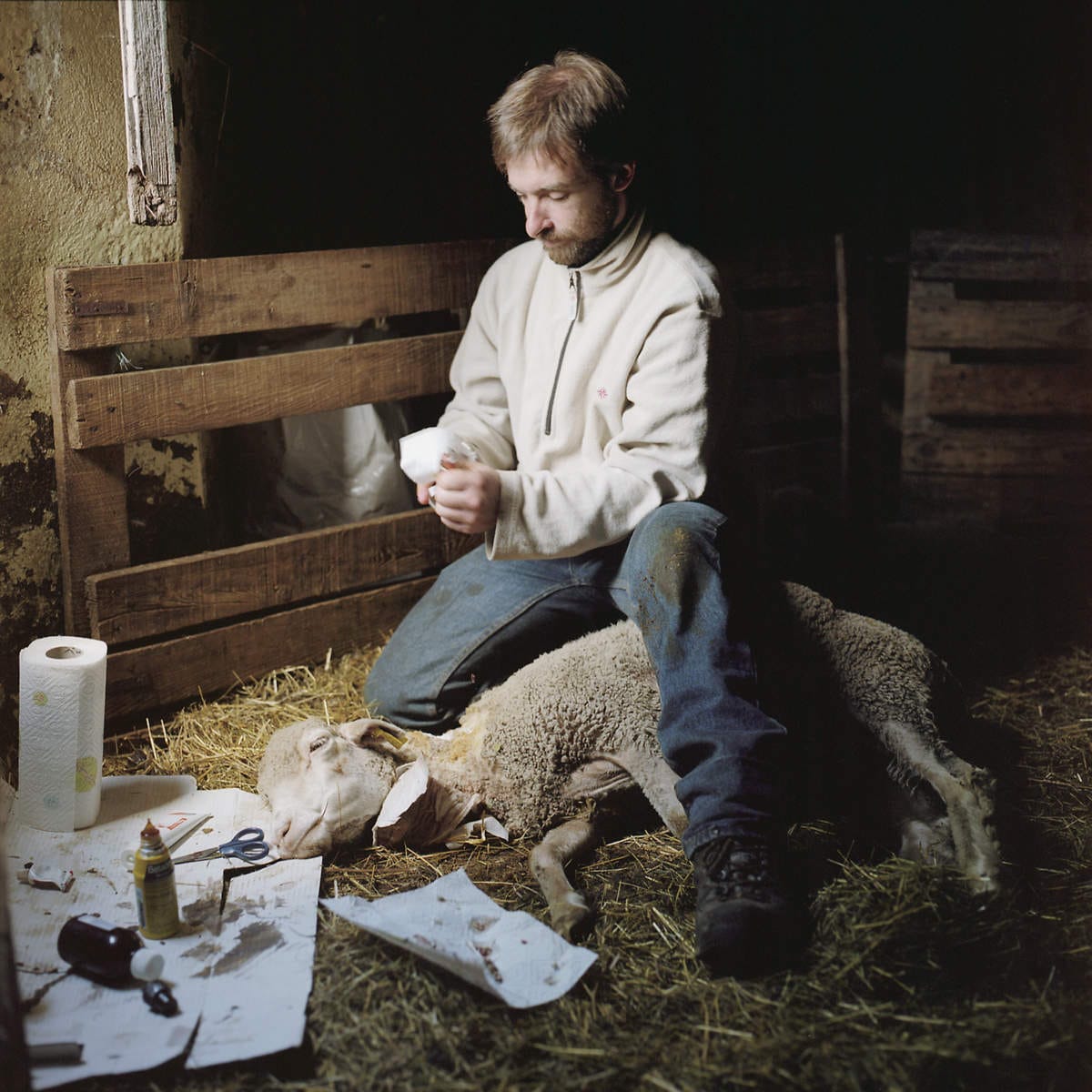
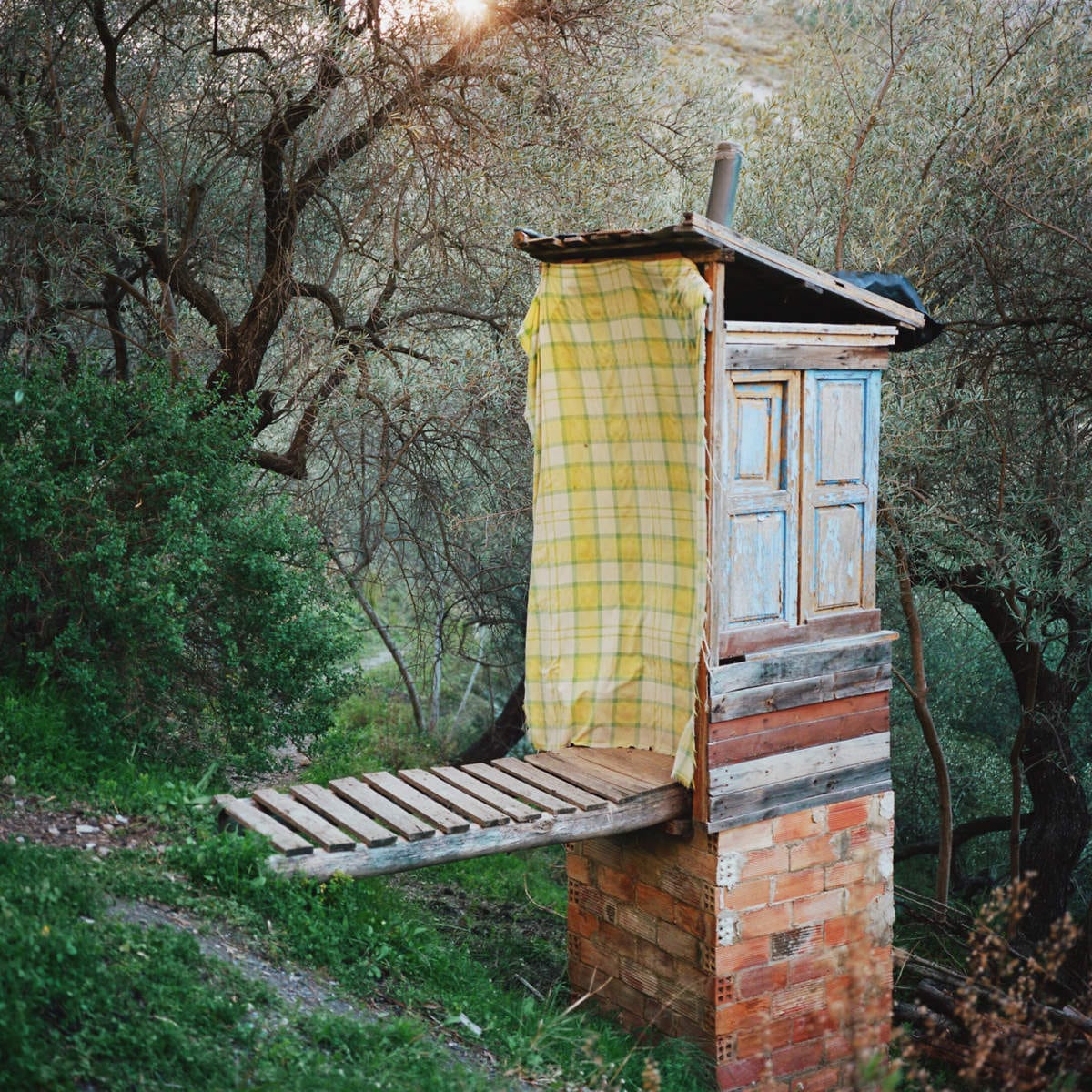
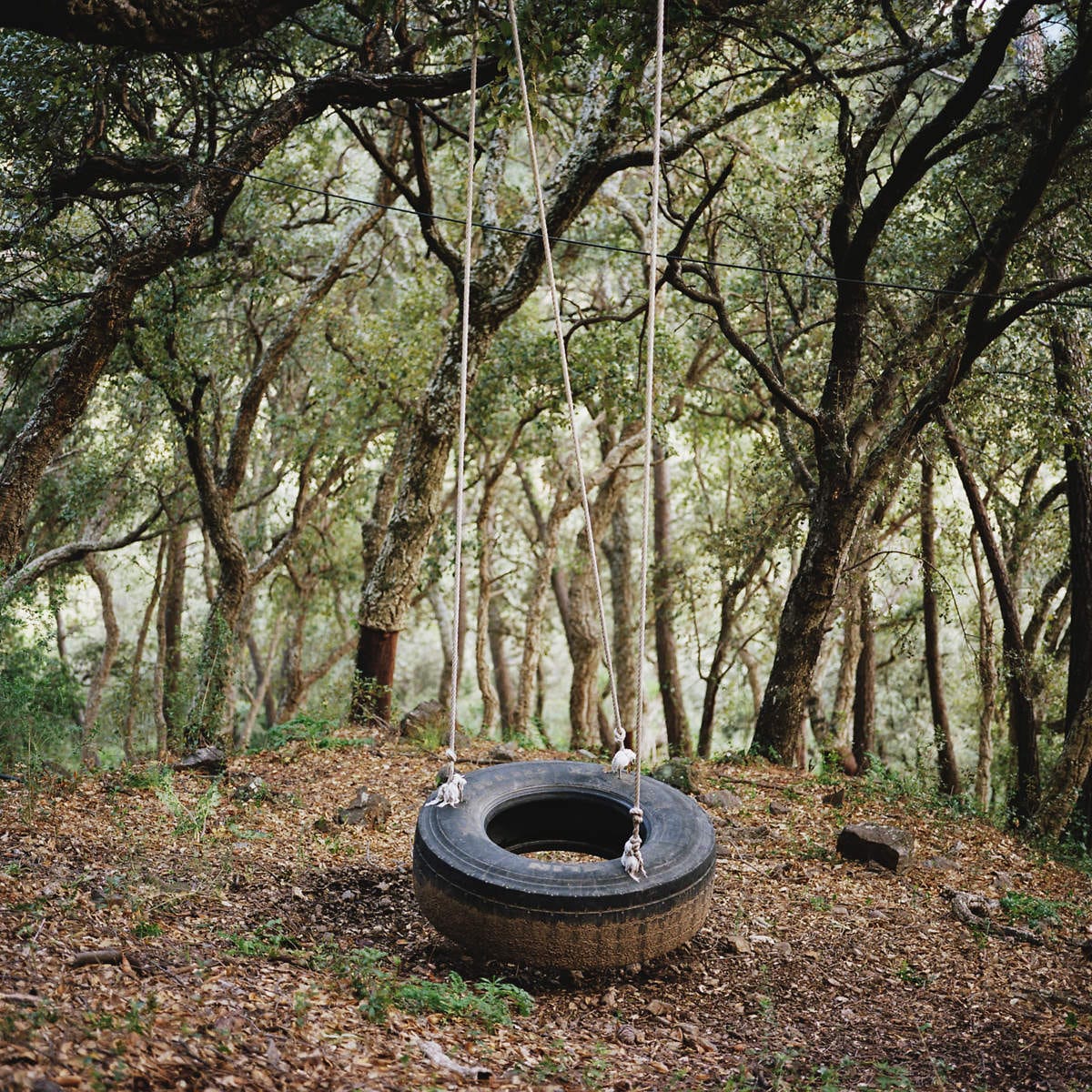
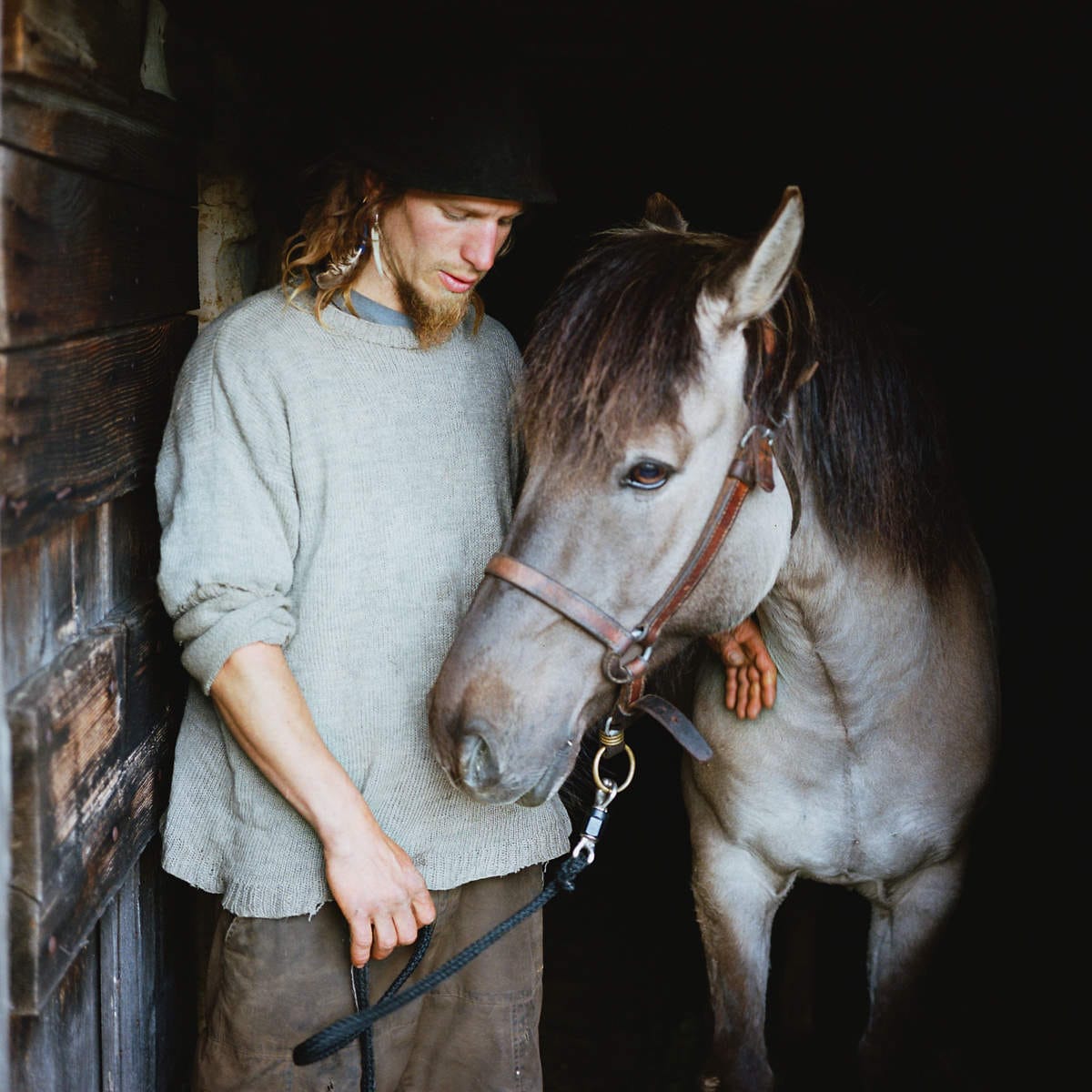
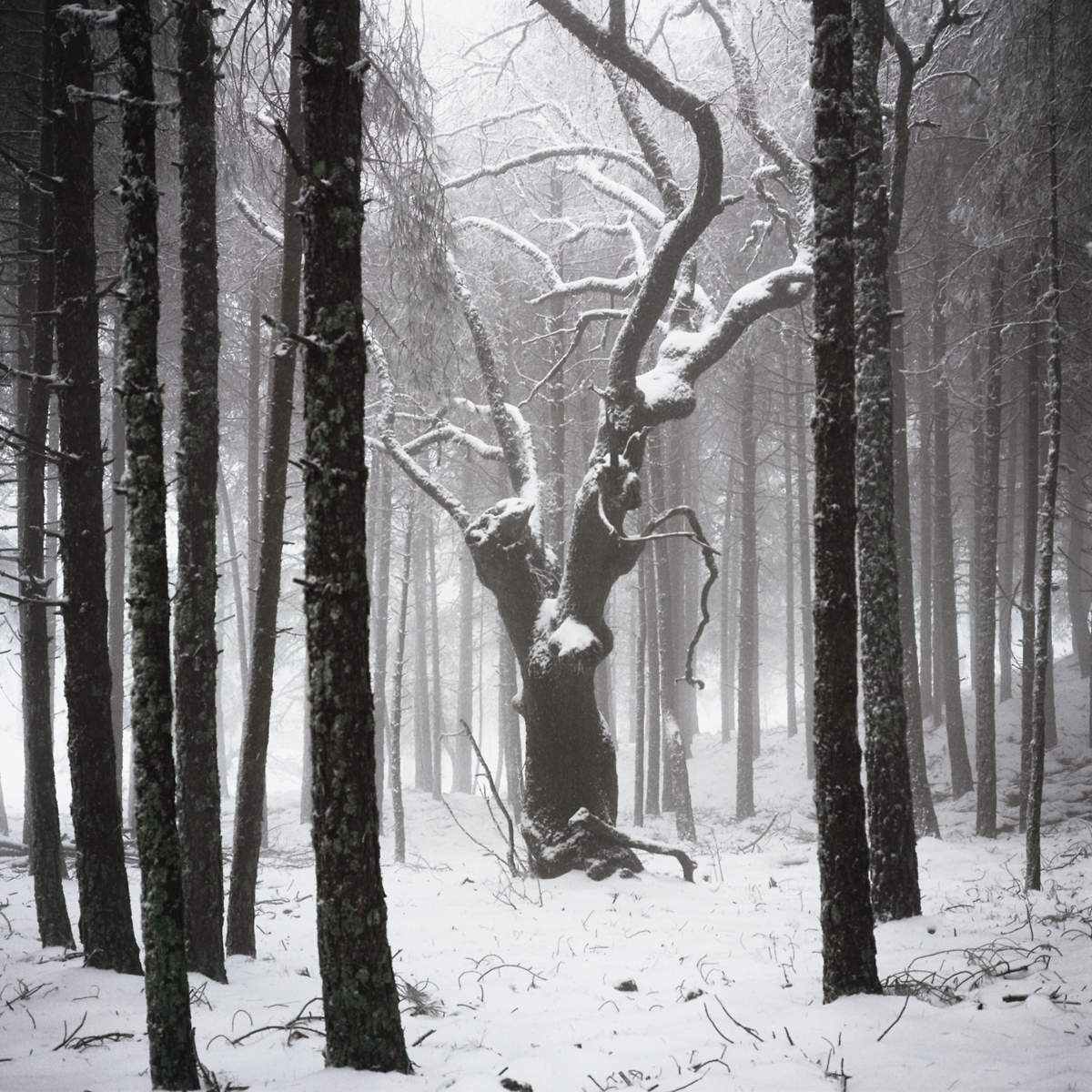
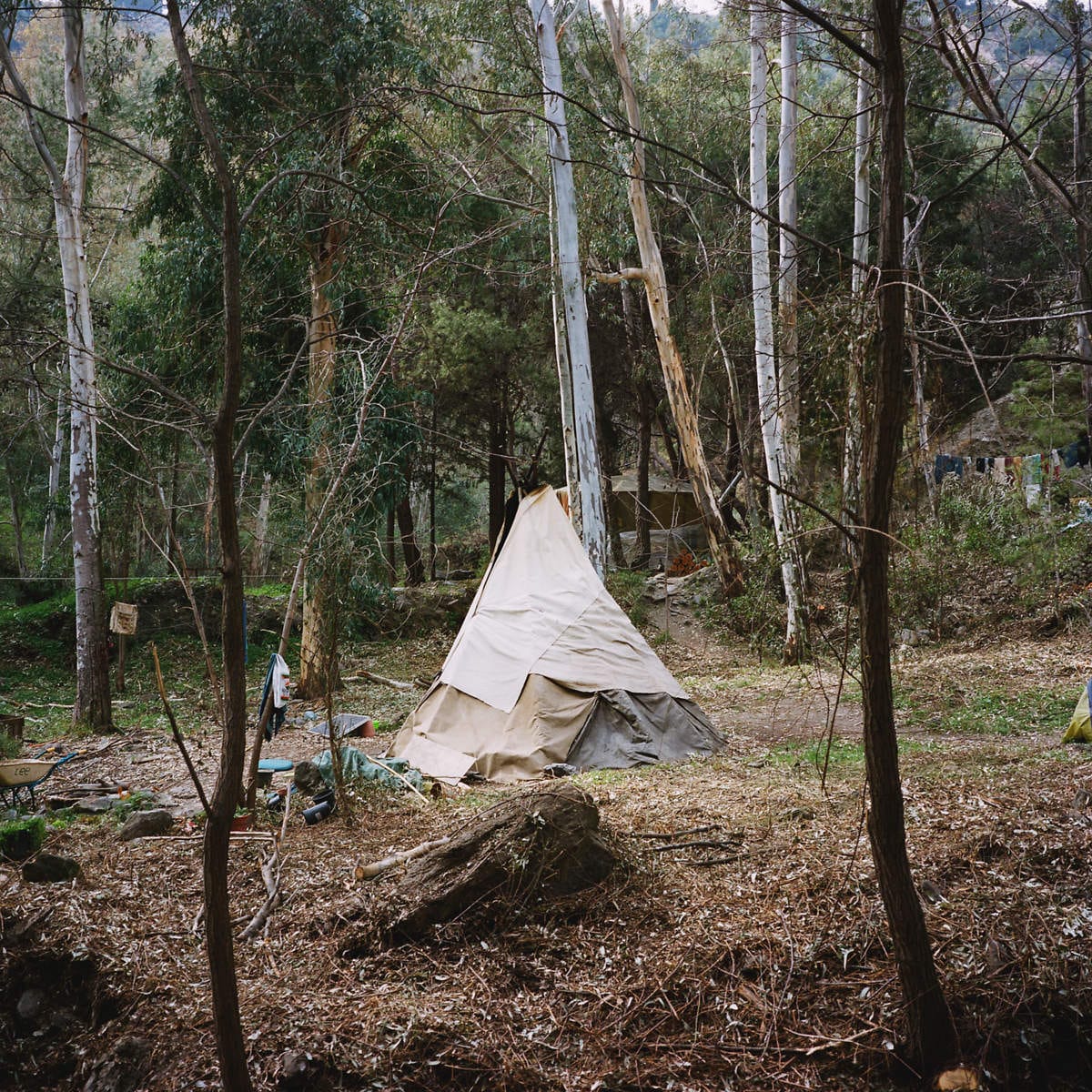
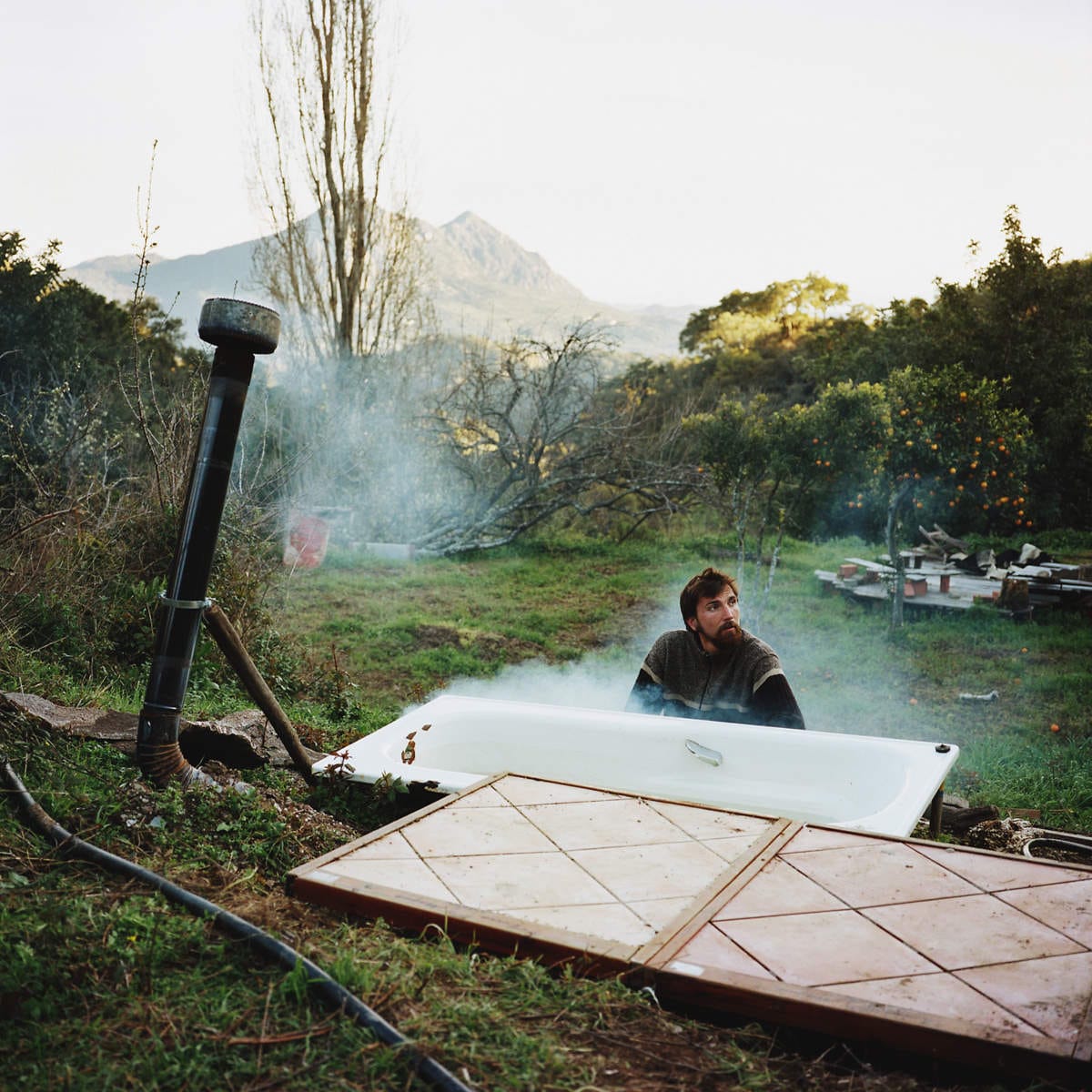
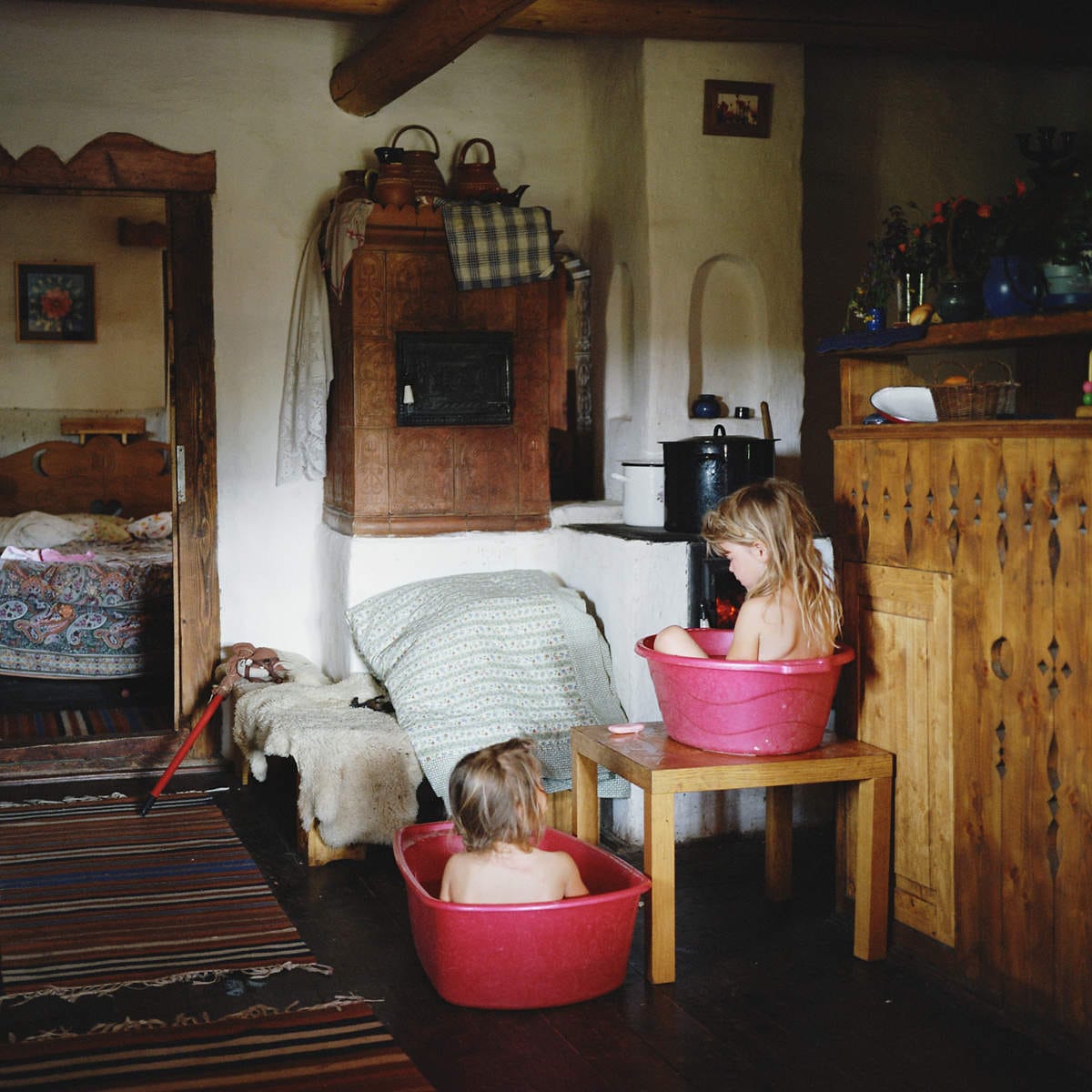
Interview continued
TMN: How did people respond to your interest?
AB: As any other people would react, I guess. Some were OK with the idea of being photographed. Some others were not. Every photographer, I suppose, doing reportage, or making portraits, has to create an atmosphere of confidence to able to work and collaborate with the person(s) in front of the lens. Sometimes it can take a few seconds. Sometimes days. And sometimes it just never happens.
TMN: You visited a lot of different villages, different countries around Europe. Do people living off-the-grid in different regions have ideas in common?
AB: Actually they do. That’s what makes me able to mix all these images together. It was important for me to find an aesthetic and an idea that would link them all.
From the project statement: “The heterogeneity of places and situations shows us the beautiful paradox of the pursuit of a utopia through permanent empirical attempts and sometimes errors. Unstable structures, recovered materials, or multiple applications of agricultural theories allow us to see the variety of human trajectories. All of which aiming at developing strategies to gain greater energy, food, economic or social autonomy.”
TMN: Is the series finished, or is it open-ended?
AB: I’m actually in the US right now, working on this project. I’m hoping to be able to publish a book next year.
TMN: What kind of scrublands are you finding in the US? How do people respond?
AB: People are responding quite well, actually. I even got invited to visit some places to make photographs. So far, I’ve spent time in New Mexico and Colorado, and will keep travelling until mid-June, in Montana and Washington, to meet people living off the land.
By the way, if anyone reading this interview knows of any off-the-grid places in those two states, please feel free to contact at antbruy@hotmail.fr.
TMN: Does the world feel big or small to you?
AB: The world feels like a village, though I wonder what my feelings would be if I was in the middle of the ocean without an internet connection.
